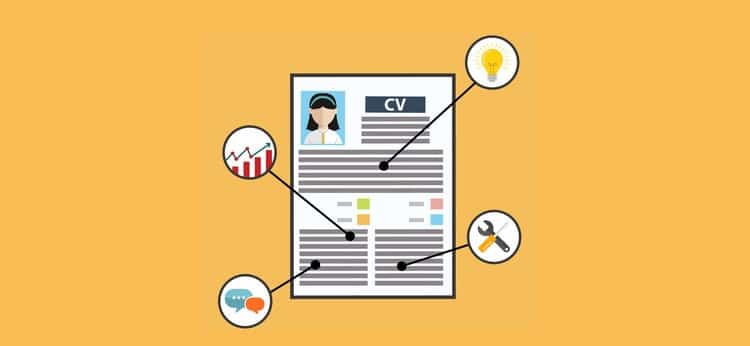Interviews are conducted in a variety of settings (e.g. at company HQ or in the coffee shop around the corner) and in a variety of ways (e.g. phone, video, in-person). They all serve one common goal, though: To demonstrate to the employer what the candidate can do for the company and to assess whether the candidate’s qualifications and career ambitions align with the position they’re interviewing for.
In the IT industry, however, a technical interview is also expected to be completed before an offer is made. In this post, we’ll explain the purpose of a technical interview and give examples of the types of questions a candidate can expect to face while in one.
The Purpose of a Technical Interview
By definition, technical interviews are used to assess candidates for specialist positions in IT, engineering and science. They feature questions specific to the role you have applied for, so the employer can confirm you have the necessary skills for the position they’re trying to fill. Often the questions asked will include brain teasers or even logic tests. The reason for this being so that the interviewer/employer can garner information on a candidate’s thought process as well as gain insight into how a candidate approaches a problem.
Examples of Technical Interview Questions
“What’s the most exciting project you’ve worked on in the past 2 years?”
The goal of this question is to figure out what the candidate is passionate about.
So, as a candidate prepares for a technical interview, they should think long and hard about each of the projects they’ve worked on over the past few years asking themselves these questions: What was it about those projects that interested them – was it the technology they were using, did they find the work to be meaningful, or perhaps was it possibly both?
How a candidate goes about answering this question can tell the interviewer a lot about their motivations.
“What kind of tech projects do you work on in your spare time? Do you participate in local user’s groups or attend any meetups?”
The main goal of these questions is to gauge the candidate’s interest level and enthusiasm for technology. When hiring for a full-time position or long-term contract, hiring managers are looking for candidates who exude a passion for their work and having side projects, or being involved in meetups, is a great indicator of that passion. For example, when hiring for a software developer a hiring manager may be looking for a candidate who spends their free time coding, writing their own software, or leading a local user’s group.
This question is also a way for the interviewer to figure out how a candidate might fit into a particular team, what outside skills they bring to the table that the company may be able to leverage, as well as whether the candidate is the right cultural fit.
“How much does a first-class one-way ticket from New York to Cairo cost on EgyptAir?”
While a candidate may not run into this exact question, they’ll certainly face some other type of brain teaser, numerical reasoning problem, or logic test. To answer it “correctly,” the candidate doesn’t need to give the correct dollar amount. Instead, it’s all about the thought process and whether the candidate is effectively able to communicate how they arrived at their answer. That’s the point of these curveball type of questions. The interviewer is more interested in the steps the candidate took to solve the question, asking themselves, “Were they drawing on past experiences, projections, or general knowledge?” Those are the skills the interviewer wants to see.
Other questions designed to gauge a candidate’s passion, motivation, and overall knowledge may include:
“How do you stay current on technology?”
“How did you get to this point in your career? What about your background/experiences gave you the passion/curiosity to choose this career path?”
“How did you first learn to program and what was the first thing you built?”
“When you get a new job or take on a new project, how do you go about completing it successfully?
Remember, in a technical interview, interviewers aren’t only interested in technical knowledge (though that’s critically important), but also in how candidates approach problems, their thought process, and how they’re able to communicate to others what they’ve worked through.








